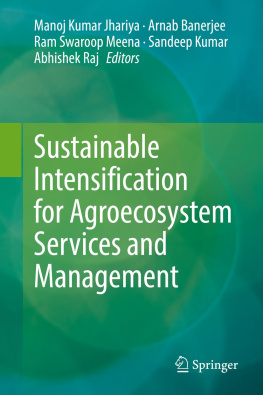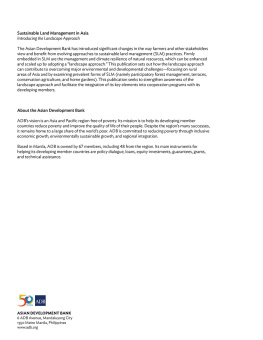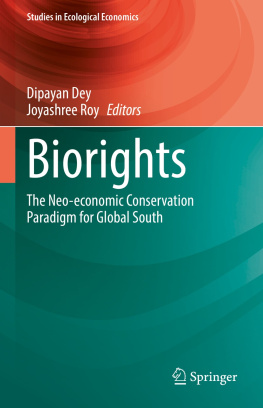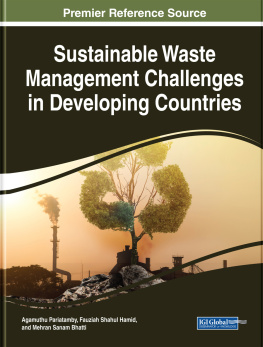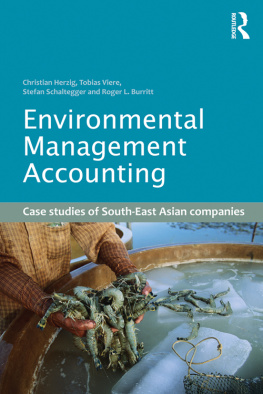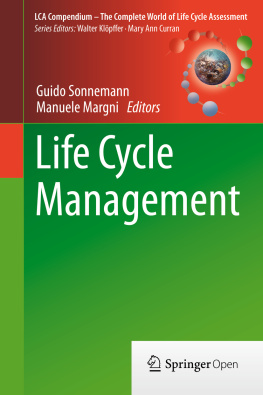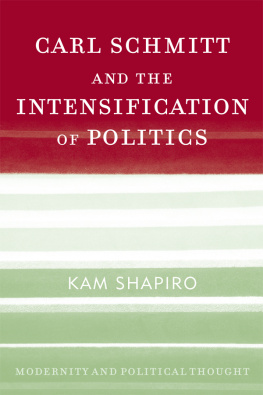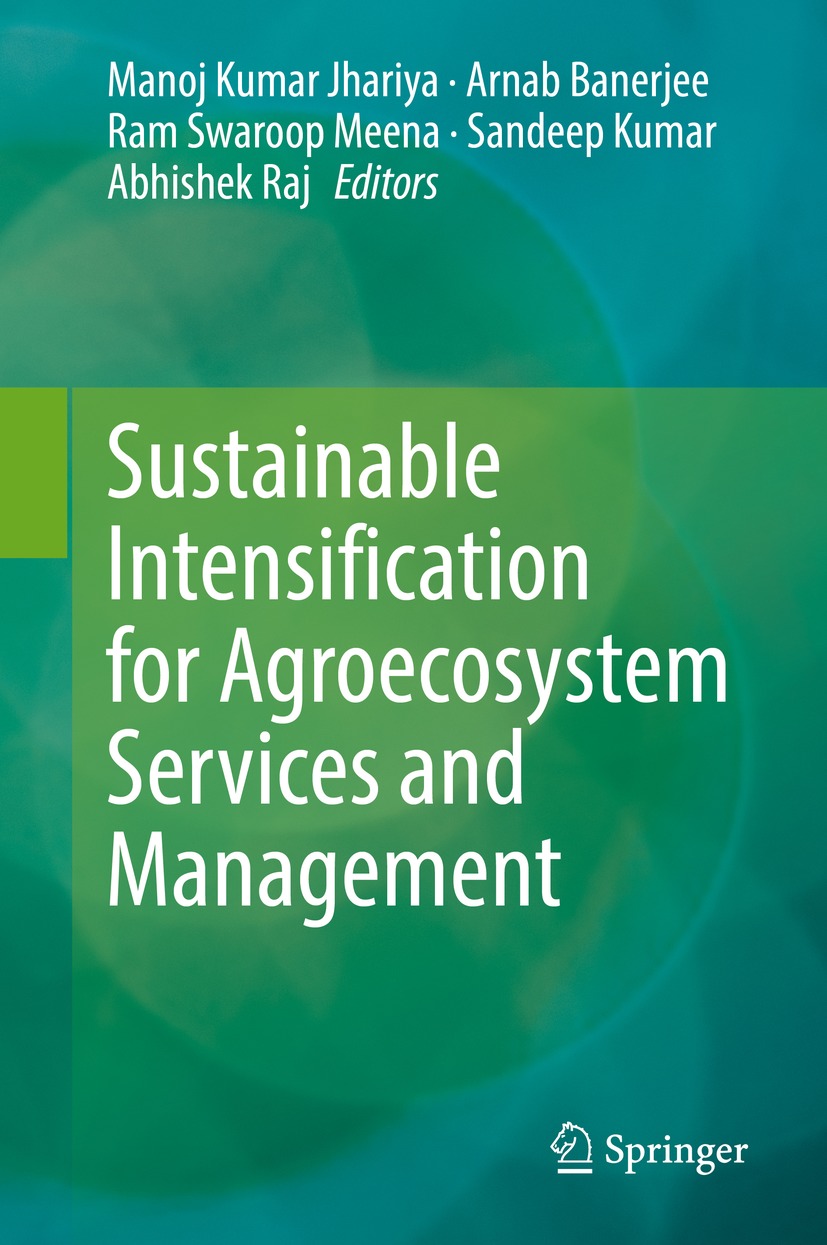Editors
Manoj Kumar Jhariya
Department of Farm Forestry, Sant Gahira Guru Vishwavidyalaya, Ambikapur, Chhattisgarh, India
Arnab Banerjee
Department of Environmental Science, Sant Gahira Guru Vishwavidyalaya, Ambikapur, Chhattisgarh, India
Ram Swaroop Meena
Department of Agronomy, Banaras Hindu University, Varanasi, Uttar Pradesh, India
Sandeep Kumar
ICAR-Indian Institute of Pulses Research, Regional Station, Phanda, Bhopal, India
Abhishek Raj
School of Agriculture, Lovely Professional University, Phagwara, Punjab, India
ISBN 978-981-16-3206-8 e-ISBN 978-981-16-3207-5
https://doi.org/10.1007/978-981-16-3207-5
The Editor(s) (if applicable) and The Author(s), under exclusive license to Springer Nature Singapore Pte Ltd. 2021
This work is subject to copyright. All rights are solely and exclusively licensed by the Publisher, whether the whole or part of the material is concerned, specifically the rights of translation, reprinting, reuse of illustrations, recitation, broadcasting, reproduction on microfilms or in any other physical way, and transmission or information storage and retrieval, electronic adaptation, computer software, or by similar or dissimilar methodology now known or hereafter developed.
The use of general descriptive names, registered names, trademarks, service marks, etc. in this publication does not imply, even in the absence of a specific statement, that such names are exempt from the relevant protective laws and regulations and therefore free for general use.
The publisher, the authors and the editors are safe to assume that the advice and information in this book are believed to be true and accurate at the date of publication. Neither the publisher nor the authors or the editors give a warranty, expressed or implied, with respect to the material contained herein or for any errors or omissions that may have been made. The publisher remains neutral with regard to jurisdictional claims in published maps and institutional affiliations.
This Springer imprint is published by the registered company Springer Nature Singapore Pte Ltd.
The registered company address is: 152 Beach Road, #21-01/04 Gateway East, Singapore 189721, Singapore
Preface
Agroecosystem services are important to perform various nature-based functions for humankind. Agroecosystem services act as a regulator for maintaining soil and water quality, gradual build-up of soil carbon stock and pool, and has a rich heritage of agricultural biodiversity. Secondarily, agroecosystem regulates the nutrient runoff, sedimentation process, maintenance of fauna, and other essential services for the benefit of human civilization. Above all, it is the basic unit of production of food, fodder, bioenergy, and various herbal products for the benefit of humans. In the modern world, food security is the biggest challenge of the twenty-first century. Further agriculture stands for approximately 40% of the global land area coverage. Therefore, proper sustainable intensification and management of agroecosystem along with maintaining ecological harmony is the future perspective of agroecosystem management and development. As per the latest projection across the globe, more than 800 million people remain hungry in various countries. Further, intensification of more than 70% in the food production sector would be required to fulfill the demand for food for more than 10 billion people till 2050. The sustainability of the agroecosystem is under severe stress due to the motto of overproduction and resource utilization. High input agriculture gives rise to a high energy footprint, agricultural pollution, resource depletion, loss of agro-biodiversity, and human health. In this connection, sustainable intensification helps to achieve advanced food security and sustainable approaches through eco-friendly technologies for the sustainability of the agroecosystem. Mismanagement of agroecosystem may lead to loss of agro-biodiversity, eutrophication, sedimentation, soil degradation, and pest infestation leading to a loss in yield and productivity.
More studies need to be done on the particular issue entitled Sustainable Intensification for Agroecosystem Services and Management. Textbooks are available in the global market that addresses specific issues on agriculture, its production, environmental consequences. The present title would integrate all the concepts into a single dimension from which various scientists, research scholars, academicians, and policymakers can be benefitted from updated information. New insights are very much important in this particular aspect as our very existence depends on the sustainability of the agroecosystem. The present title consists of chapters addressing the issue of sustainable intensification, agroecosystem services, agroecosystem management, and overall sustainability of the agroecosystem. The present book consists of some specific research case studies considering some components of agroecosystem such as crop residue management, technological management of the ricewheat system, anaerobic digestate, biochar, climatic influence over fruit quality and agroecosystem health, and watershed sustainability. These would provide new insights into the field of agroecosystem management. Some titles update the reader about the current scenario on the issue of food security, sustainable intensification, resource conservation, eco-designing, agroecosystem sustainability and services, and soil and crop management. Therefore, the present title would help to address current issues and their management holistically. The objectives that will be fulfilled by the present title are as follows: (1) present context of agroecosystem and its problem, (2) identify the key areas of research in the field of sustainable intensification, (3) identify the agroecosystem services and their potential role for ecosystem sustainability, (4) aware the globe in this context so that future policies can be framed from this for the betterment of human civilization, and (5) address sustainable intensification for agroecosystem management and services. It would help the academicians, researchers, ecologists, environmentalists, students, capacity builders, and overall the policymakers to have in-depth knowledge in the diverse field. Eminent academicians and scientists across the globe would be invited related to the theme of the book to share their scientific innovation, research outputs, views, and opinions, an experience that would enlighten the academic community. Each of the chapters has good scientific support in terms of scientific database, diagram, graph, image, picture, and flowchart as per the requirement with proper recent updated citation. All the chapters would be thoroughly reviewed by the respective individual of specific discipline which would enrich the chapter content from a future research perspective. The submission would be reviewed by the editorial team for further upgradation. It would set a roadmap for the preparation of sustainability in agroecosystems in the future.

